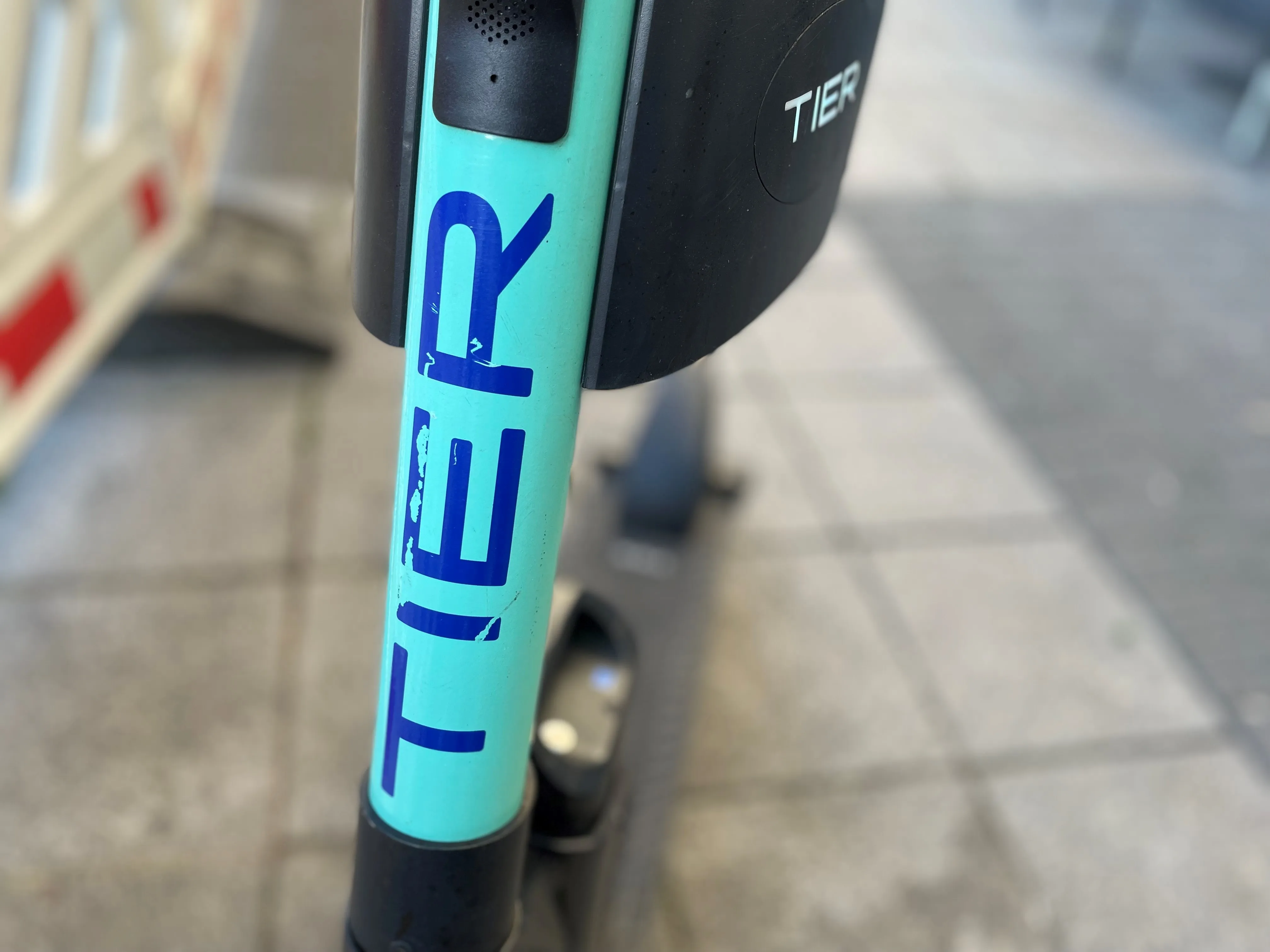The Port of London Authority (PLA) recently launched the Thames Vision, a framework for developing greater use of the River Thames over the next twenty years.
The Thames is already the UK’s busiest waterway for passengers and freight, home to the UK’s second biggest port and a hub for tourism, recreation and sport.
Developed by the PLA and river stakeholders over the last 18 months, the Vision sets out six goals for increased river use. They include the busiest ever Port of London, more goods being
July 5, 2016
Read time: 2 mins
The Port of London Authority (PLA) recently launched the Thames Vision, a framework for developing greater use of the River Thames over the next twenty years.
The Thames is already the UK’s busiest waterway for passengers and freight, home to the UK’s second biggest port and a hub for tourism, recreation and sport.
Developed by the PLA and river stakeholders over the last 18 months, the Vision sets out six goals for increased river use. They include the busiest ever Port of London, more goods being moved by river, double the number of passenger trips and greater participation in sport and recreation.
Actions already underway include: recruitment of additional PLA pilots to meet growing customer demand; the Thames Skills Academy taking on its first group of students; work on Thames Tideway Tunnel starting in earnest; and a study into the levels of participation in sports on the river and its banks.
The Thames Vision Goals include: the busiest ever Port of London, handling 60 to 80 million tonnes of cargo a year; over four million tonnes of goods and materials to be carried by water every year – taking over 400,000 lorry trips off the region’s roads; double the number of people travelling by river – reaching 20 million commuter and tourist trips every year; and greater participation in sport and recreation on and alongside the water.
The Thames is already the UK’s busiest waterway for passengers and freight, home to the UK’s second biggest port and a hub for tourism, recreation and sport.
Developed by the PLA and river stakeholders over the last 18 months, the Vision sets out six goals for increased river use. They include the busiest ever Port of London, more goods being moved by river, double the number of passenger trips and greater participation in sport and recreation.
Actions already underway include: recruitment of additional PLA pilots to meet growing customer demand; the Thames Skills Academy taking on its first group of students; work on Thames Tideway Tunnel starting in earnest; and a study into the levels of participation in sports on the river and its banks.
The Thames Vision Goals include: the busiest ever Port of London, handling 60 to 80 million tonnes of cargo a year; over four million tonnes of goods and materials to be carried by water every year – taking over 400,000 lorry trips off the region’s roads; double the number of people travelling by river – reaching 20 million commuter and tourist trips every year; and greater participation in sport and recreation on and alongside the water.










